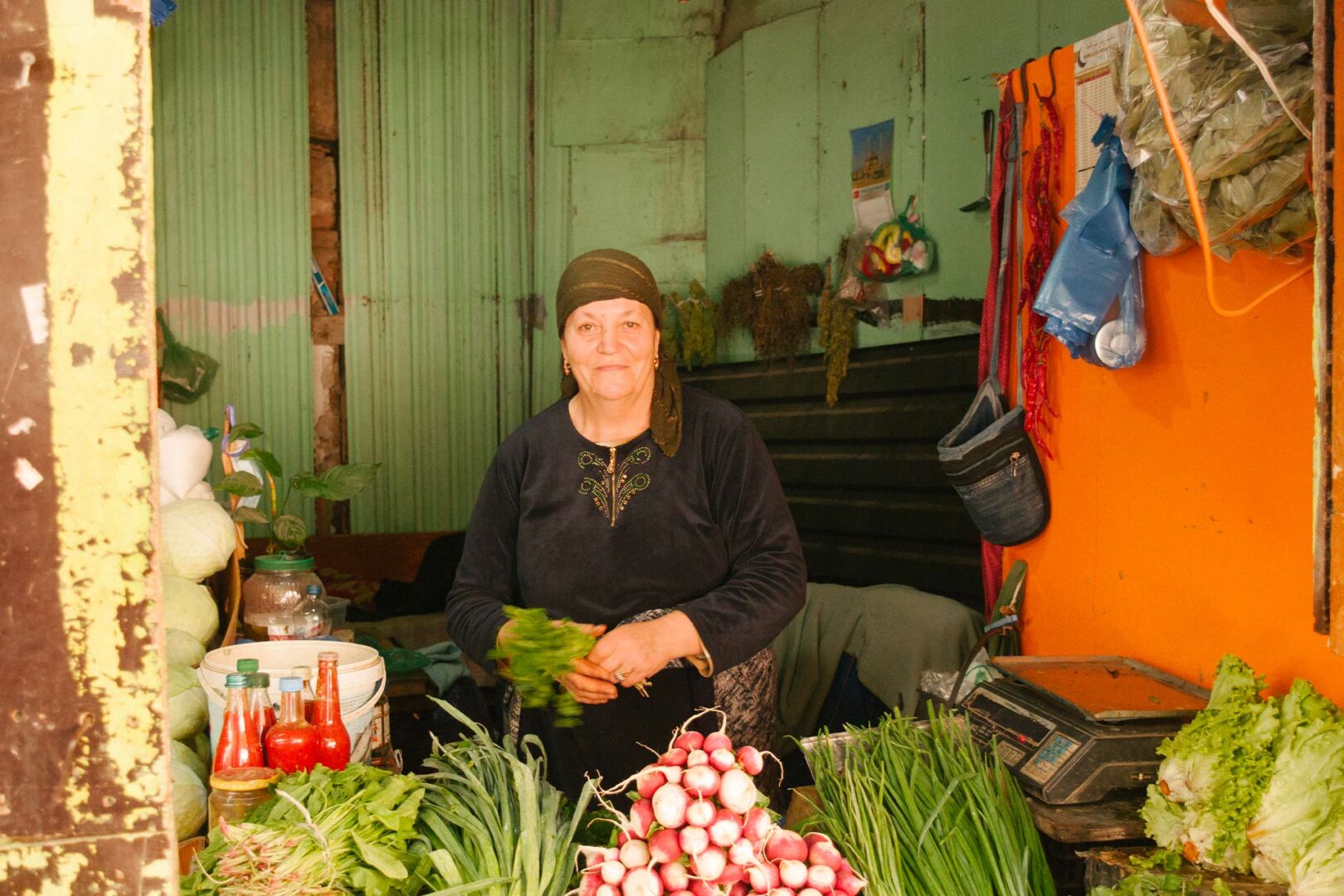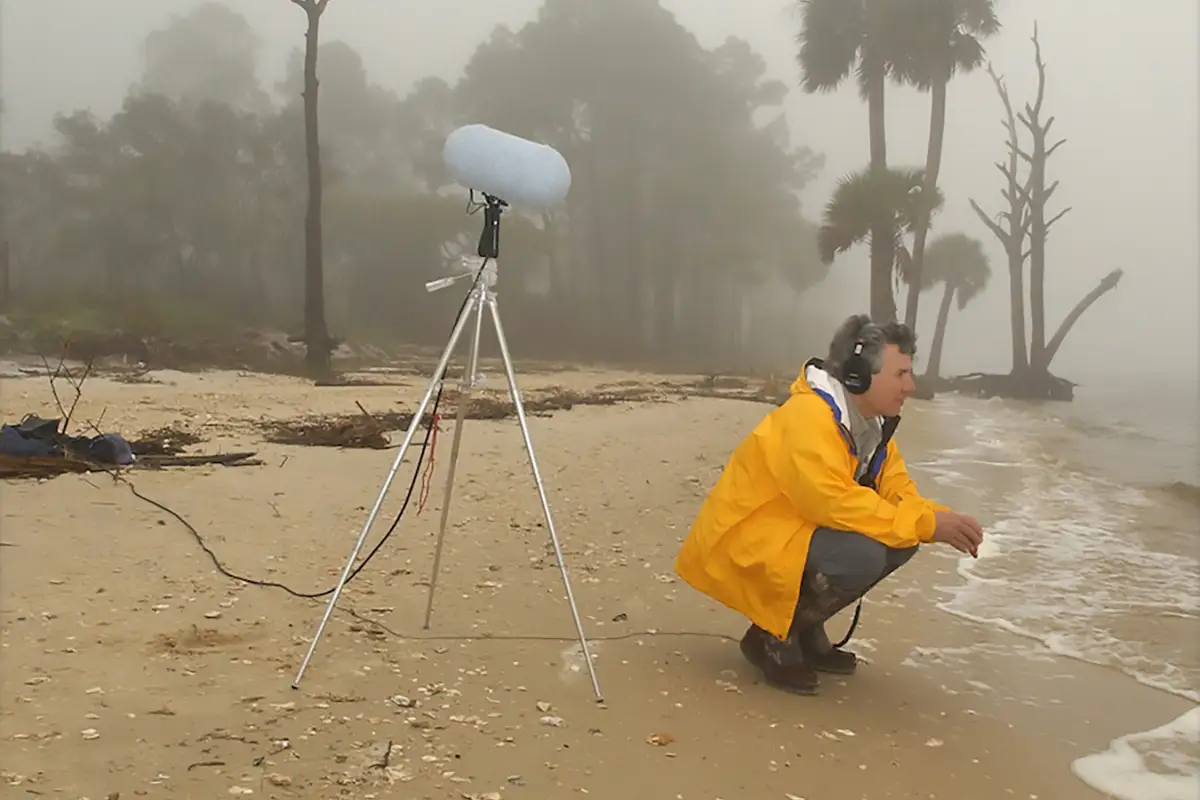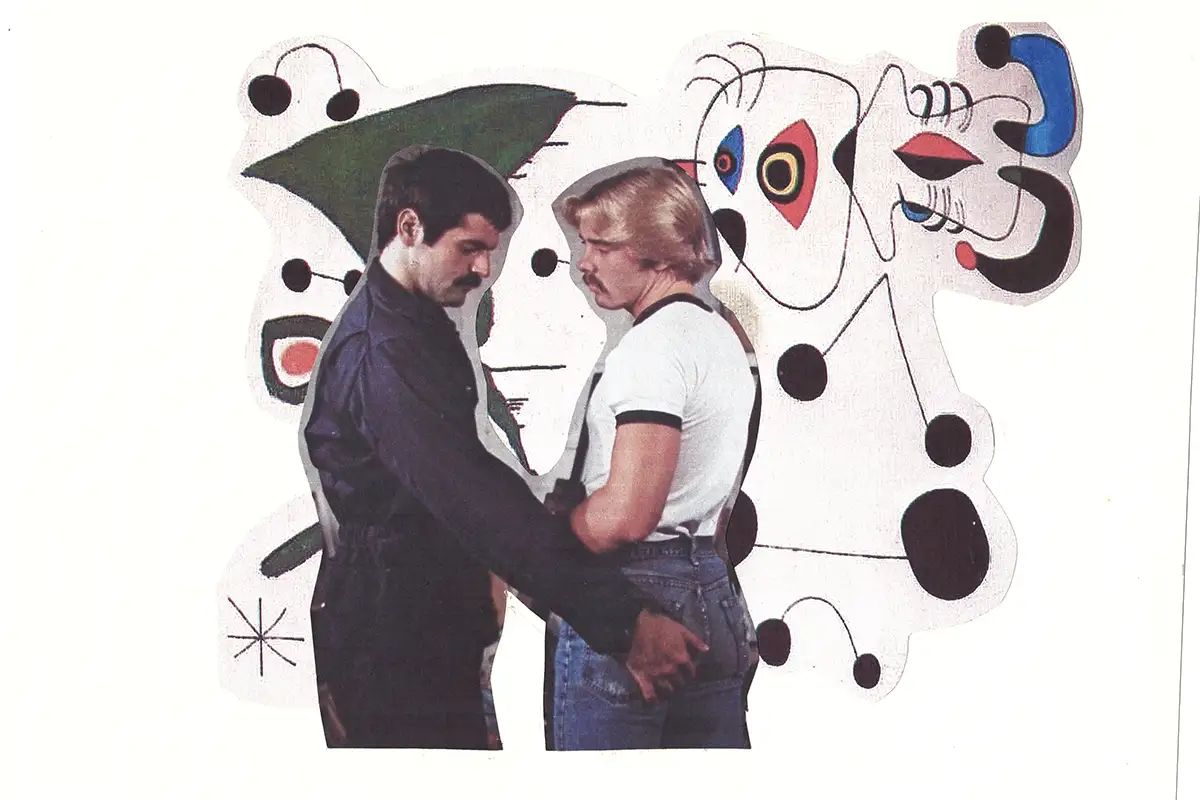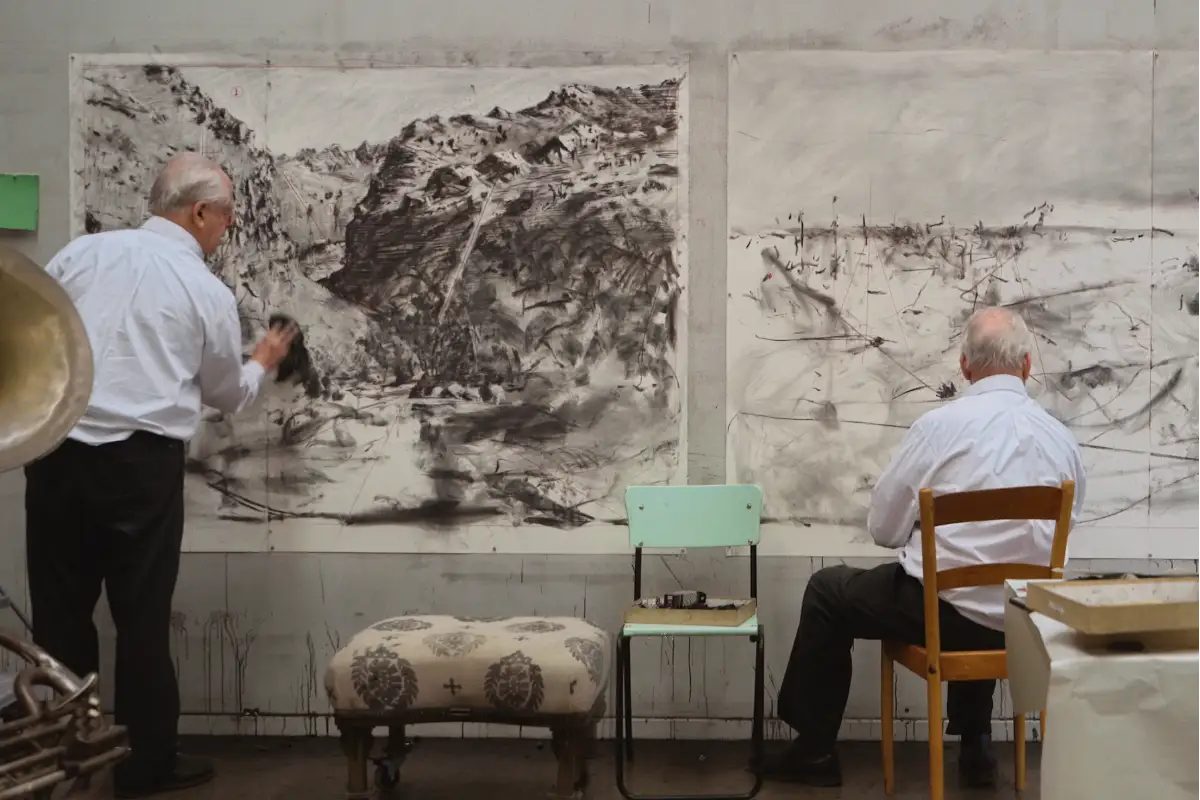Russia and the west powers have a responsibility: guaranteeing all the in-between lands the right to exist and foster. None of the two can do it on its own
Lampoon reporting: current armed conflicts
The outbreak of the war in Ukraine following the Russian invasion seems to have shaken European countries and stakeholders. In a way we had not witnessed in a long time, perhaps since World War II.
Conflicts are not a novelty. They haven’t been historically, and they are not infrequent today. As of 2021, there already were four major conflicts going on. Afghanistan, Ethiopia, Mexico, Yemen; with more than ten thousand estimated casualties each in the 2020/2021 timeframe.
Seventeen more armed conflicts are ongoing within the 1000/10’000 casualty’s category. These numbers all speak of human stories, violence, migrations and displaced people. Something about the Ukraine case seems to have upset our collective conscience further.
The Russian invasion: the lands in-between
What the Russian invasion has brought in the open is the longstanding East/West divide. Two paradigms, economic systems, ideologies, are currently at war. The historical and social reasons are many, starting from the cold war and deeper.
In the midst of this are all those countries and lands, much like Ukraine, that find themselves in an in-between position amid two greater powers – Russia and Europe. One of these is Georgia, a Caucasus country with a complex intertwin of historical events and international relationships on both hands.
The importance of looking eastbound
The disruption and alteration of stability generated by the war in Ukraine are an opportunity to look beyond the damage done. To all the nations that are still living in a state of relative peace, but whose equilibrium hangs in a delicate balance.
One of these is Georgia. Its culture and social dynamics in particular are impregnated with both post-soviet, eastern and western values. Georgia represents a connection between the European and Asian continents in a variety of ways; geographical, cultural, commercial.
It has significant potential as an international player. All of the country’s foreign relationships are of a good nature and substance, except those with Russia. Which is preventing Georgia from using its full potential.
Georgia: treading on thin ice
We spoke to Georgian Professor of International Relations and author Amiran Kavadze. «During the past few decades» he explains, «Georgian foreign policymaking has been dominated by two mutually conflicting options».
Those are either integration with the West or building a normal partnership with Russia. This resulted in an action-reaction dynamic: «the more Georgia pushes to the West (especially in terms of NATO and EU integration), the more pressure is exerted towards Tbilisi [its capital, ndr.] from Moscow».
Under the Georgian Dream party, which appeared on the scene in 2012, the country started moving West. «While at the same time pursuing a very moderate, restrained and non-hostile policy towards Russia» to ensure the security and political as well as economic stability of the state.
Something to keep in mind: a Russian border patrol checkpoint is stationed in the Akhalgori district; Forty kilometers from the capital. Meaning Russian heavy and armored vehicles can get to Tbilisi in one hour. After the outbreak of the war in Ukraine Georgia took a clear stand. On March third, 2022, they sent a formal application to gain EU membership status.
The Russian influence: same patterns as in Ukraine
As we now know, some specific events in time lead to the Russian invasion of Ukraine. Most of them ring a bell with Georgian history. Russia has indeed applied many of the same strategies and patterns in the Caucasus country. In some cases, even before they implemented them in Ukraine.
Starting in 2008, when tensions with the neighbor led to the Russo-Georgian war. The war saw the Russian Federation against Georgia, supported by Western countries. After a few months the conflict ended with Russia officially recognizing the two separatist provinces of Abkhazia and South Ossetia as independent states.
It does sound familiar. In general, says Kavadze, «Russia used all the means and tools available in its rich arsenal ‘to convince‘ rebellious Georgia. The instigation of inter-ethnic conflicts; waging direct and hybrid wars; the military occupation of its regions; the recognition of the Georgian provinces of Abkhazia and South Ossetia as independent states; meddling in domestic affairs; economic and trade sanctions, blockades, etc.».
Lampoon reporting: internal perception
The perception of the population goes in the same direction: «a significant majority (78%) regard Russia as a threat to neighboring countries, and almost half of Georgians believe that Russia has had a negative impact on Georgia’s politics, security and economy».
According to Kavadze, this pattern of observation «creates a very strong desire among the populace to leave the orbit of the Kremlin, and distance Georgia from any Russian influence, which during the past two centuries of coexistence undoubtedly did more harm than good to the country».
Hence, Western principles and values became inseparable parts of Georgian life: «deep Christian roots and traditions, a firmly based pluralistic and multi-confessional society, irrepressible democratic aspirations». Yet, Georgia’s European endeavor represents a process that is more complex and dependent on numerous internal and external factors compared to other countries.
Gravitating towards the West orbit
During the past three centuries, Georgia has made several unsuccessful attempts to build bridges with leading European powers (including the great diplomatic efforts of Prince Sulkhan-Saba Orbeliani who in the early 18th century sought support and assistance in talks with the King of France Louis XIV and Pope Clement XI).
«Soviet occupation in 1921 cut Georgia off from the rest of Europe,» but since the dissolution of the Soviet Union and regaining independence in 1991, the country began to build a new relationship with the EU. «The country’s modernization and progressive movement».
Kavadze continues, «has become synonymous with Westernization and Europeanization in particular. As we have seen, the Georgian people have a highly positive perception of the West (EU, NATO, US)». Ultimately leading to the recent application to join the Union.
Where do the EU and NATO stand?
It is however not clear where the EU and NATO stand; which makes Georgia’s position even more delicate. The fact that Georgia is gravitating towards the West does not necessarily mean Europe or NATO do not raise issues in this sense.
«The relations with these organizations [EU and NATO, ndr]» explains Kavadze, «remain on the level of ‘associated’ and ‘strategic’ partnership». This principle can be boiled down to the concept of «integration without membership».
As we have seen, military issues and the risk of invasion are not secondary. «Such an indifferent attitude on the part of the EU and NATO further exacerbates the dangers faced by the Georgian state». At the very least, they raise questions on the matter of safety «would they defend Georgia in case of renewed direct military aggression from Russia. If so, to what extent would they be committed to help?» the professor asks.
East/West relationships are key: Georgia going forward
These dynamics of problematization of East/West relationships are likely to continue in the future. After the war in Ukraine, the prerequisites are certainly there. If this is the case, according to Kavadze, «the current situation will undoubtedly create more challenges and difficulties for all parties involved».
Georgia’s continued attempts to achieve NATO membership may have negative security implications for the country, to the extent that Russia will definitely oppose such efforts: «it has the capability and, if necessary, the desire and will to do so, particularly the current events in Ukraine proved that».
The solution lies elsewhere
All of this, «means that the solution to Georgia’s major security challenge lies not so much in Georgian policy towards Russia or towards the West, but in the evolution of the West’s relationship with Russia». Risks are increasing and politics can and has to adjust.
It did so in Georgia, with a partial renounce, for the time being, of joining NATO. Instead, the EU application is prioritized« the new reality also lies in the departure of Georgia from the initial desire to join NATO and focus mainly on European integration».
Russian position and desires are factored in this choice: «for the Kremlin should be a more acceptable way out in the current situation». Again, situations can be compared, considering that the Kremlin’s «tolerable position over Ukraine’s eventual EU membership was shown during Russo-Ukrainian talks over the Ukraine crisis».
According to Kavadze, «the Swedish or Finnish model should be an acceptable way out for Tbilisi». The normalization of the East/West relationship is a responsibility both parties have to acknowledge and fulfill. A responsibility they bare towards all those who live and want to thrive in the middle.
Accepting that two models and worldviews can coexist. Ultimately, «this situation can only be resolved if Russia and the West manage to normalize their relationship, softening the confrontational rhetoric that they currently employ against one another».
Amiran Kavadze
For the last 20 years Amiran Kavadze was a Georgian leading diplomat – Deputy Minister of Foreign Affairs, Ambassador to Switzerland, Holy See, UK, Ireland, Sweden and Finland.
A.K. served as Permanent Representative to the UN Office and other International Organizations in Geneva. He is a professor at IBSU and author of numerous books and articles in the field of international relations and trade.




















